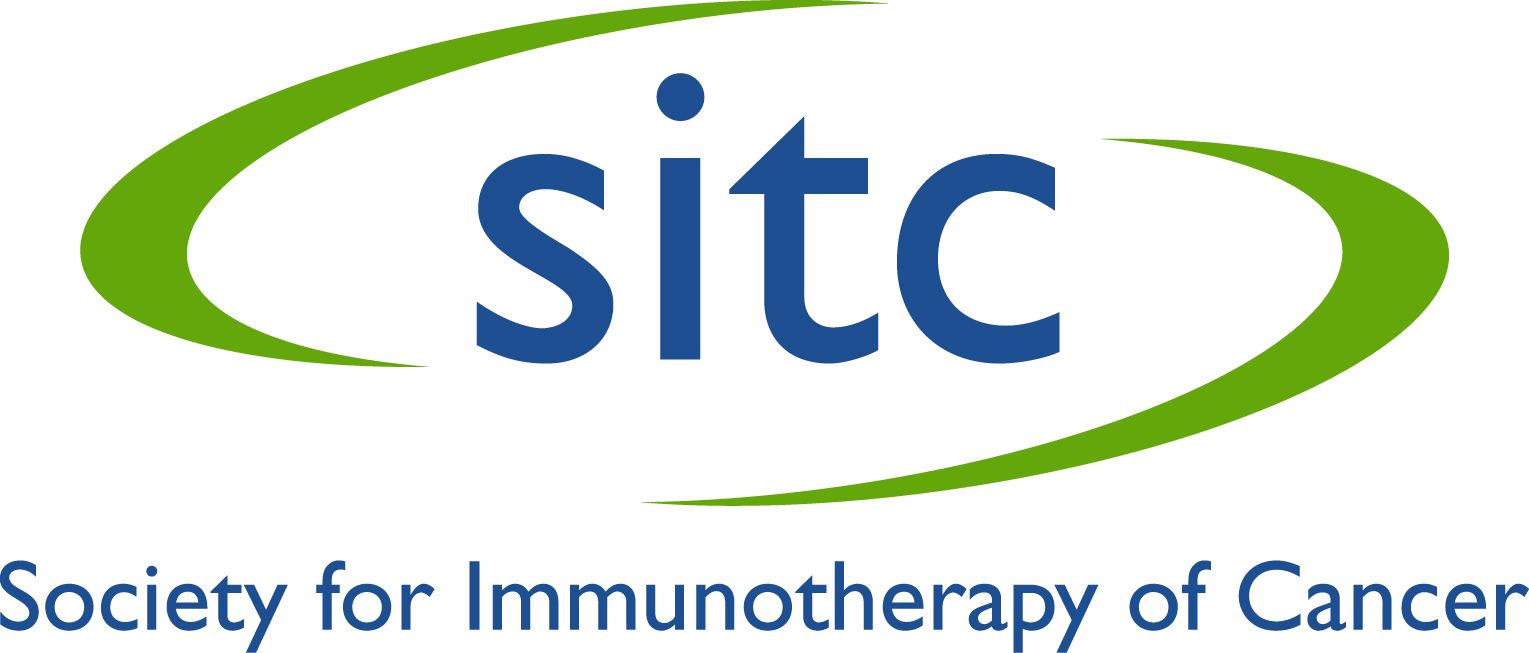
- Vol. 17/No. 19
- Volume 17
- Issue 19
Society for Immunotherapy of Cancer: Leading the Way

OncLive is pleased to announce that the Society for Immunotherapy of Cancer (SITC) has joined the OncLive Strategic Alliance Partnership program, a collaborative effort to bring up-to-date clinical information to practicing oncology specialists.
OncLive is pleased to announce that the Society for Immunotherapy of Cancer (SITC) has joined the OncLive Strategic Alliance Partnership program, a collaborative effort to bring up-to-date clinical information to practicing oncology specialists. The unique partnership allows participating groups and institutions to showcase their programs to a national audience of oncology professionals through articles and video interviews featured in OncLive’s publications and on its websites. From its beginnings, the multidisciplinary experts united by SITC have been a driving force behind the rapid advances in the field of cancer immunotherapy through research and collaboration.
Perhaps most indicative of shifting attitudes in the field is the expanding presence of immunotherapy as a mainstream cancer treatment option in the clinic and the exponential growth within the cancer immunotherapy community. Cancer immunotherapy may have reached the “end of the beginning,” but the field is left with an enduring enthusiasm for its potential.
In leading this process, SITC has grown from a niche group of resolute and revolutionary thought leaders to a progressively recognizable organization of nearly 1600 members representing all stakeholders in the cancer care team including physicians, scientists, nurses, pharmacists, patients, and patient advocates.
The essence of SITC’s success today mirrors that of its inception. More than 30 years ago, a handful of dedicated clinicians and researchers believed in a role for the immune system in the elimination of malignant cells and recognized a need for collaboration at the transition from benchtop to bedside in search of a cure for cancer.
Upcoming SITC Annual Meeting
Amid a scholarly climate of uncertainty regarding the feasibility of antitumor immunity, the founders of SITC maintained their conviction that immune-based therapies would revolutionize the treatment of cancer. With a long-standing reputation for drawing a membership of experts across multidisciplinary backgrounds, SITC’s Annual Meeting remains the premier platform for accelerating the exchange of information between academia, industry, and the government.Importantly, SITC also strives to maintain a high level of member engagement by providing educational opportunities and actively involving leaders from each sector of the cancer immunotherapy field to focus on the next problems to be solved, rather than what has been accomplished already.
Notable examples of this are the critical hurdles impeding progress in cancer immunotherapy first identified by an international, multiorganizational Immunotherapy Summit convened by SITC in 2009 that remain relevant today.
The limitations of current animal models, the complexities of immune escape mechanisms, and the lack of definitive biomarkers to assess clinical outcomes will all be topics of discussion at SITC’s 31st Annual Meeting & Associated Programs (SITC 2016). This unifying and forward-facing approach aims to catalyze what will become the future of cancer immunotherapy.
SITC 2016 will be held in National Harbor, Maryland, on November 9-13, 2016. Highlights of SITC 2016 include discussions devoted to the latest science and innovation in the cancer immunotherapy community with sessions on the Tumor Microenvironment, State-of-the- Art Immunotherapies: Challenges and Opportunities, and Beyond Single Agents: The Future of Combination Immunotherapy.
New this year are Nurse/Pharmacist Track concurrent sessions to reflect SITC’s dedication to making resources available to all members of the cancer care team.
Programming will also include a Value of Cancer Immunotherapy Summit organized in collaboration with the American Society of Clinical Oncology (ASCO).
Among the associated programs of SITC 2016 are presentations on “New Cancer Immunotherapy Agents in Development,” “Primer on Tumor Immunology and Cancer Immunotherapy™,” and the “Workshop on Challenges, Insights, and Future Directions for Mouse and Humanized Models in Cancer Immunology and Immunotherapy.”
SITC is also pleased to offer opportunities for physicians, nurses, and pharmacists to obtain continuing education credits for their participation in the 31st Annual Meeting, Primer, and Workshop sessions jointly provided by the Postgraduate Institute for Medicine and SITC.
To learn more about the influential role of SITC in the progression of the cancer immunotherapy field, please watch the short film, SITC: Leading the Cancer Immunotherapy Evolution, available on the SITC website at
Indeed, the field has experienced unprecedented numbers of new approvals and expanded indications for existing immunotherapeutics in the last few years alone, with still more in the clinical trial pipeline. The dramatic and long-lasting results seen in responding patients have bolstered the efforts of the scientific community. Creative new ways to engineer immune-based cancer treatments such as chimeric antigen receptor T cells, novel cancer vaccine delivery systems, and T-cell bispecific antibodies continue to emerge.
Articles in this issue
over 9 years ago
Outfitted for Cancer Careover 9 years ago
Wistar Scientist Sees Many Potential Avenues in MDSC Researchover 9 years ago
NYU Scientist Sees Hope Peeking Through Gloom of Glioblastomaover 9 years ago
Wearable Therapy Making Inroads in Oncologyover 9 years ago
SPINET Trial Could Alter Practice for Patients With Lung NETsover 9 years ago
Stereotactic Radiation Potential Emerges in Prostate Cancerover 9 years ago
Prognostic Truths May Be in the Eye of the Beholder



































